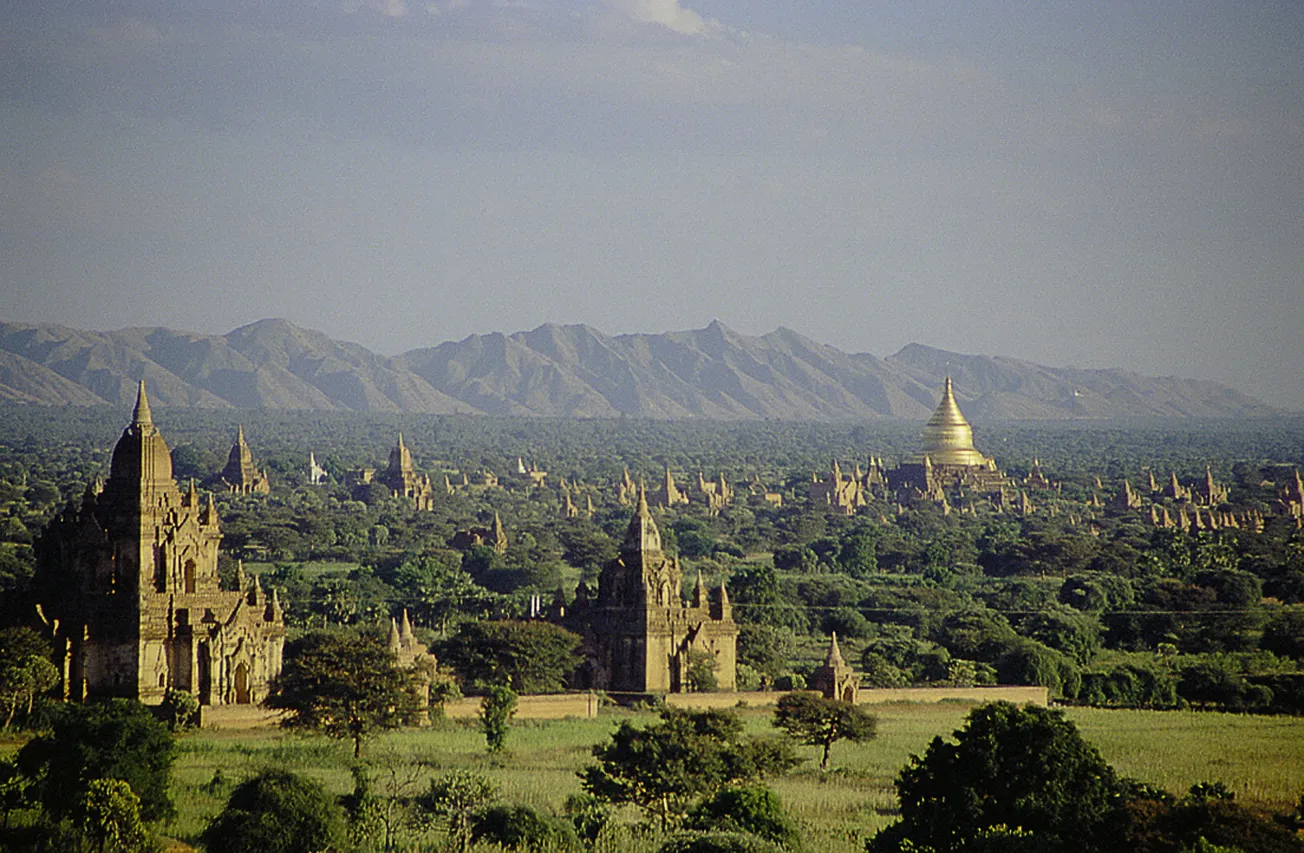Table of Contents
Editor’s Note: This article was first published on Friday missing most of the text so it is being republished today.
The Myanmar elections were held on 8th November and Daw Aung San Suu Kyi’s NLD party is on track to win a resounding victory. Even though 25% of the seats are reserved for candidates of the Tatmadaw (the military) the NLD is winning the vast majority of the other seats, and by gaining over 66% of these seats can manage to retain a strong majority in the Myanmar parliament.
US Secretary Michael R. Pompeo made the following comments on Myanmar’s (Burma’s) Parliamentary Elections:
The United States recognises that Burma’s parliamentary elections, the second competitive national election since the end of military rule, mark an important step in the country’s democratic transition. Millions of people, including young people voting for the first time, exercised their right to elect their representatives. We appreciate the efforts of all who worked to make these elections possible, particularly in light of the challenges posed by the COVID-19 pandemic.
Nevertheless, we are concerned by the large number of unelected seats constitutionally reserved for the military; the disfranchisement of groups including Rohingya; cancellation of voting in parts of several states and regions; and the disqualification of candidates based on arbitrary application of citizenship and residency requirements, which prevent the realization of a more democratic and civilian government.
The United States will continue to closely monitor the electoral process. We call on all relevant authorities to ensure tabulation of votes and resolution of complaints is undertaken in a transparent and credible manner.
The United States remains a dedicated partner of the people of Burma in their pursuit of democracy, development, and national reconciliation. We look forward to continuing to work with Burma’s new government to promote inclusive economic prosperity, achieve lasting peace throughout the country, and foster respect for the human rights and fundamental freedoms of all.
The voting was suspended in certain electorates because of the possibility of violence, notably in rebel influenced parts of Kachin and Shan states.
Voting update
Below is an update from the UEC (Union Election Commission). All time is Myanmar time, dateline Wednesday 11th November. Of the 440 seats available in the Lower House, 110 are reserved for the military. The USDP is a political party and can compete for non-reserved seats in the Parliament
12:30 p.m. The Union Election Commission announces that the NLD has won 130 seats and the military-affiliated USDP 15 seats. Results for other parties remain the same as in the morning. Of the 158 seats up for grabs, the NLD has taken 82%.
9:30 a.m. The Union Election Commission announces that the National League for Democracy has won 96 seats, the Union Solidarity and Development Party nine seats and the Kachin State Democracy Party five seats. The Arakan National Party, Shan Nationalities League for Democracy and the Mon Unity Party have won two seats each. The Arakan Front Party and Kachin State People’s Party have won one each. Of the 118 seats announced, NLD won 81%.
Tuesday, Nov. 10
7:15 p.m. The Carter Center, the nongovernmental organization founded by former U.S. President Jimmy Carter, has released a preliminary statement on Myanmar’s election.
“The Carter Center’s international election observation mission found that voters were enthusiastic and able to freely express their will at the polls and choose their elected representatives,” it says.
However, it adds, “At the same time, the quality of democracy in Myanmar continues to be undermined by serious deficiencies in the legal framework, including the reserved seats for military appointees, highlighting the need for reform to bring the country in line with international obligations.”
It is interesting to compare recent elections in NZ, USA, and Myanmar, one of which was subject to International scrutiny.
Election comparisons
Despite its deep flaws, we’re approaching an election that will in all likelihood deliver a government with a strong popular mandate – something that would be difficult to say about neighbouring countries like Thailand or Cambodia, let alone Vietnam and Laos, one-party states that are nonetheless embraced by many Western democracies. The international community will be obliged to recognize the result of this weekend’s election, and the majority in Myanmar will be happy, having elected a government of their choosing. The unrepresented minority, meanwhile, will be ignored.
Source The Diplomat
All in all, an interesting election and one that has implications for the West in its relationships with China. There is a battle for influence going on in Myanmar between the West and China, with matters such as access to Indian Ocean ports and infrastructure development at stake. Myanmar is suspicious of belt and road initiatives but needs Western support to counter this. India is putting its weight behind Myanmar as it counters China’s influence in the region. The USA and Australia are very supportive (although guarded in their public statements) with New Zealand tagging along. The UK is bogged down in civil society issues and is getting left behind in the chase to have an impact in education, finance and development of the industrial and commercial base of the country.
If Biden gets confirmed, then the USA will reduce its support for Myanmar which will push it towards China with implications for the whole region. This is one area to keep an eye on for the coming changes in geopolitics.
If you enjoyed this BFD article please share it.







